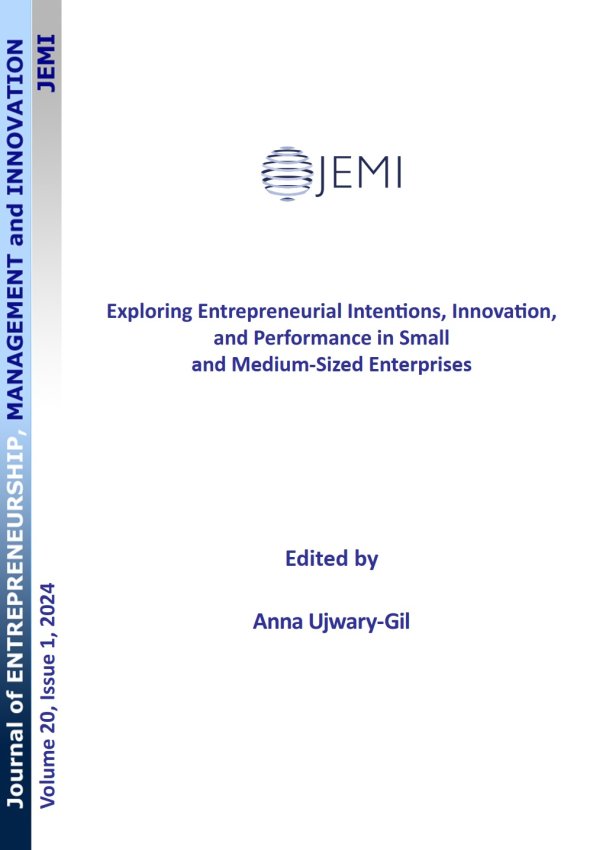Cong Doanh Duong, Ph.D., Associate Professor, National Economics University, 207 Giai Phong Street, Hai Ba Trung, Hanoi, Vietnam, e-mail: This email address is being protected from spambots. You need JavaScript enabled to view it. 
Van Trang Tran, Ph.D., Associate Professor, Thuongmai University, 79 Ho Tung Mau Street, Cau Giay, Hanoi, Vietnam; email: This email address is being protected from spambots. You need JavaScript enabled to view it.. Corresponding author. 
Étienne St-Jean, Ph.D., Professor, Research Institute on SMEs, Université du Québec à Trois-Rivières, 3351, Boulevard des Forges, Trois-Rivières (Québec), Canada, email: This email address is being protected from spambots. You need JavaScript enabled to view it. 
Abstract
PURPOSE: This study aims to integrate insights from the Socio-Cognitive Career Theory (SCCT) and entrepreneurship literature to develop a research framework of how perceived entrepreneurial opportunities (PEO) and perceived educational support (PES) shape the progression of entrepreneurial self-efficacy (ESE) and entrepreneurial career interests (ECI). Additionally, this study investigates whether ECI mediates the effects of PEO and PES on entrepreneurial intention (EI) and how PEO and PES moderate the effects of ESE and ECI on EI. METHODOLOGY: A sample of 888 university students was recruited from Vietnam. Cronbach’s alpha and confirmatory factor analyses were adopted to test the reliability and validity of the scales. Structural equation modeling (SEM) is then used to test formulated hypotheses. FINDINGS: The current study demonstrates that ESE and ECI directly trigger EI. Although PES and PEO did not directly impact EI, their influence on EI was mediated through ESE and ECI. In addition, PEO was found to act as a positive catalyst for the transformation of ESE and ECI into EI. The greater the entrepreneurial opportunities students perceive, the more likely they are to convert ESE and ECI into intentions to become entrepreneurs. IMPLICATIONS: This study makes a significant contribution by emphasizing the relevance of the SCCT framework in understanding entrepreneurship and brings to the forefront the role of PES and PEO in shaping the progression of ESE, ECI and, ultimately, EI. In addition, the findings of this study provide practical implications for nascent entrepreneurs, entrepreneurship educators, and policymakers. ORIGINALITY AND VALUE: This study is one of the first to investigate the role of PEO and PES in the development of Vietnamese students’ SES, ECI and, ultimately, their intention to engage in entrepreneurship.
Keywords: entrepreneurial intention, social cognitive career theory, perceived educational support, perceived entrepreneurial opportunities, entrepreneurial self-efficacy, entrepreneurial career interests, structural equation modeling, SEM






